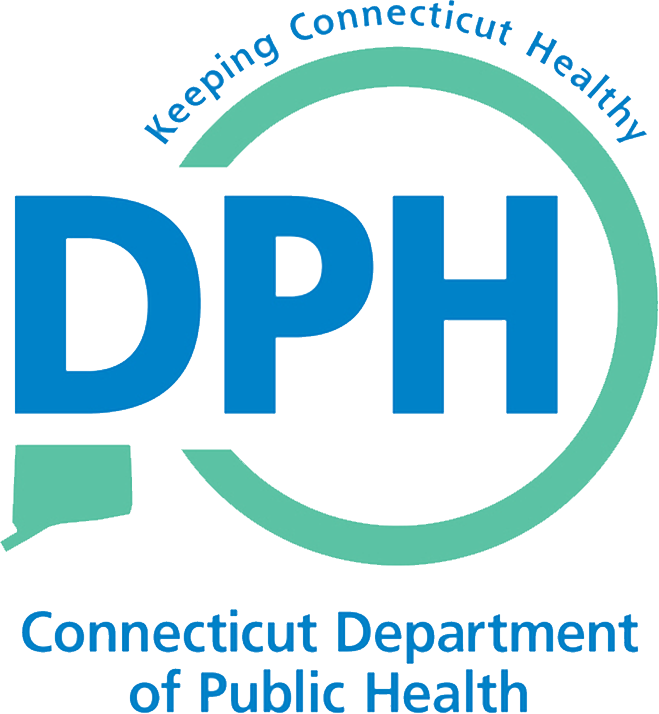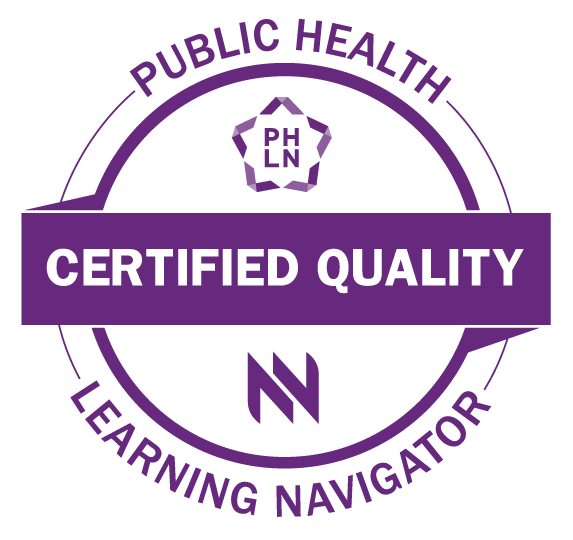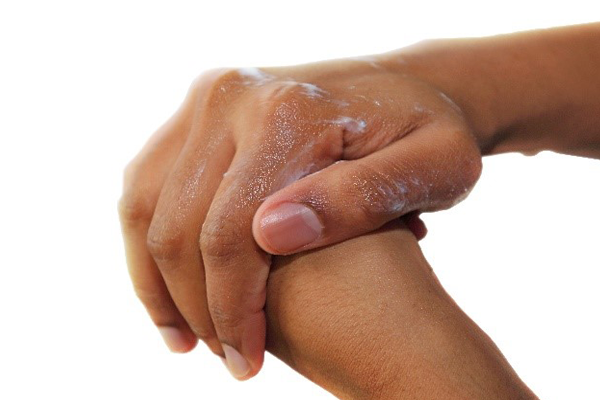
Standard Precautions in the Ambulatory Care Setting: The Basics of Hand Hygiene
What is hand hygiene and why is it fundamental to preventing the spread of infections? Learn about when and how to perform hand hygiene to protect yourself, your patients and your co-workers from infection.



Enroll
Course Information
- Audience: Designed for ambulatory care settings, such as primary care clinics and doctor's offices. Intended audiences are administrative and clerical staff; non-licensed clinical staff; non- clinical staff; facilities staff and volunteers
- Format: Self-paced
- Price: Free
- Length: 25 Minutes
- Credential(s) eligible for contact hours: Sponsored by New England Public Health Training Center (NEPHTC), a designated provider of continuing education contact hours (CECH) in health education by the National Commission for Health Education Credentialing, Inc. This program is designated for Certified Health Education Specialists (CHES) and/or Master Certified Health Education Specialists (MCHES) to receive up to 1 total Category I continuing education contact hours. Maximum advanced-level continuing education contact hours are 1. Provider ID: 1131137 Event ID: SS1131137_BIPHH.
If you are not seeking CHES/MCHES contact hours, if you complete the evaluation, you will receive a Certificate of Completion. The Certificate will include the length of the course. - Competencies: Public Health Sciences Skills
- Learning Level: Awareness
-
Companion Trainings:
- Foundations of Infection Prevention in the Ambulatory Care Setting
- Standard Precautions in the Ambulatory Care Setting: Safe Cough Practices
- Standard Precautions in the Ambulatory Care Setting: Personal Protective Equipment and Safe Surfaces
- Transmission-Based Precautions in the Ambulatory Care Setting
- Supplemental materials: None
- Pre-requisites: None
About this course
This course provides an overview of standard precautions, the practice of hand hygiene and the role of healthcare staff in preventing the spread of infections to themselves, colleagues and patients. The course may be taken in more than one sitting.
What you'll learn
After completing this course, you will be able to...
- Define Standard Precautions
- List at least two reasons whyhand hygiene is important to infection prevention
- Recall when hand hygiene should be performed
- Recall how long hands should be rubbed when using long soap
- Recall two advantages of using alcohol- based rubs
Subject Matter Expert
-

Louise-Marie Dembry
MD, FACP, MS, MBAProfessor of Medicine
(Infectious Diseases)
and of Epidemiology
(Microbial Diseases);
Director, Hospital Epidemiology
VA CT Healthcare System
Enrollment and Contact Hours
The Certificate of Completion will include the length of the module. Generally 50 – 60 minutes is equivalent to 1 contact hour. Contact hours may be applicable towards continuing education requirements for certain credentials. Check with your credentialing body to verify if the topic meets its continuing education requirements.
Having trouble accessing the course? Contact support@nephtc.org

